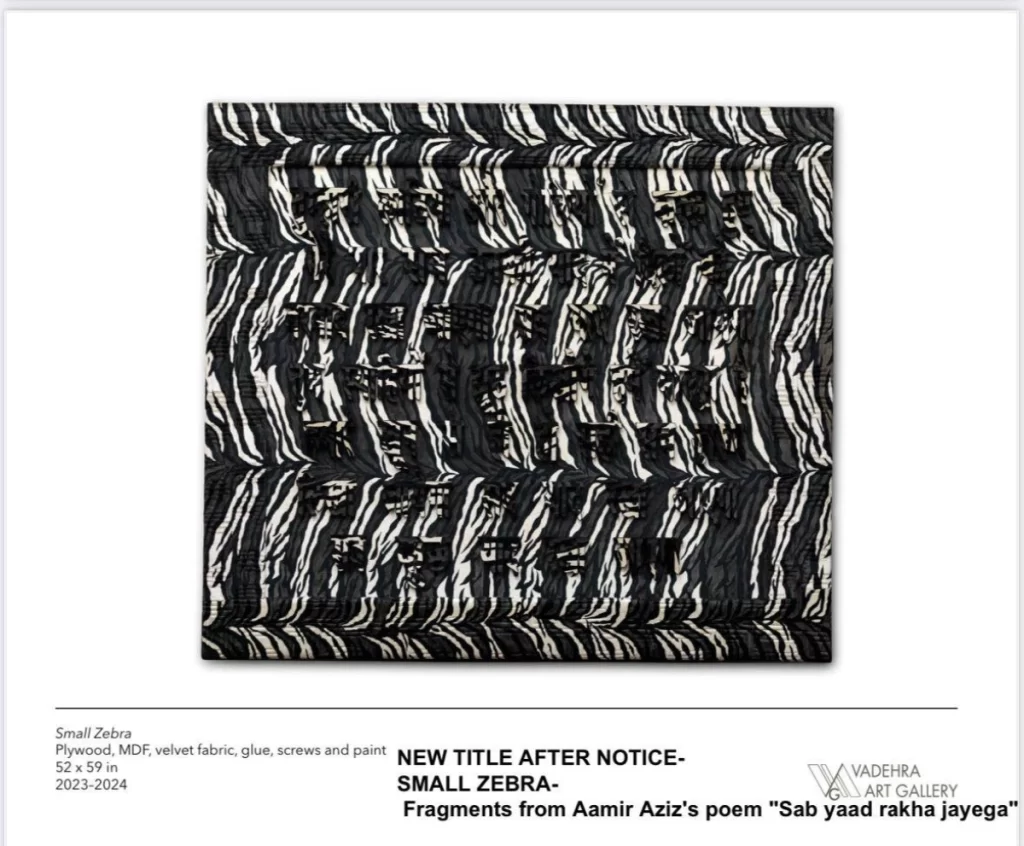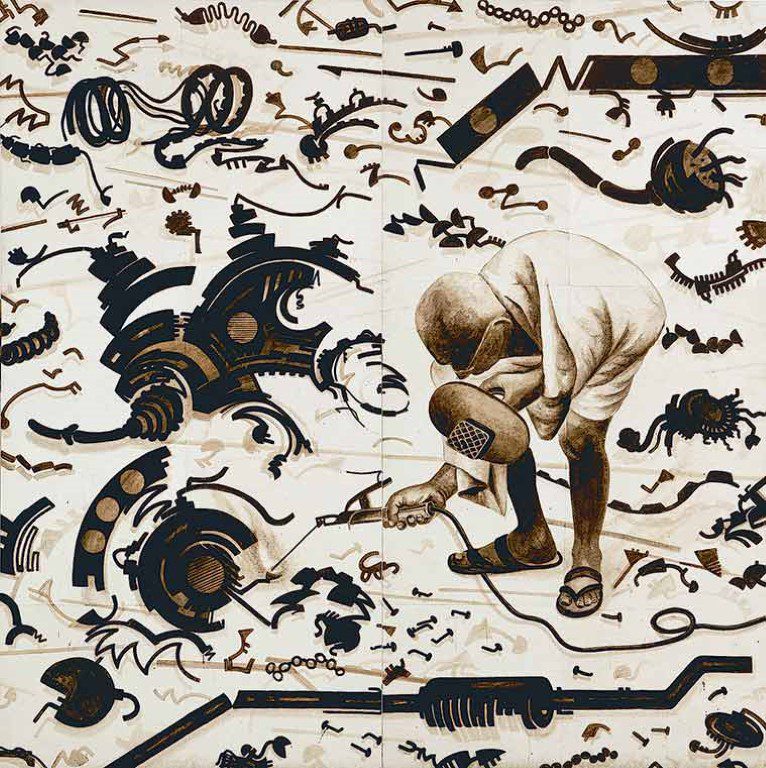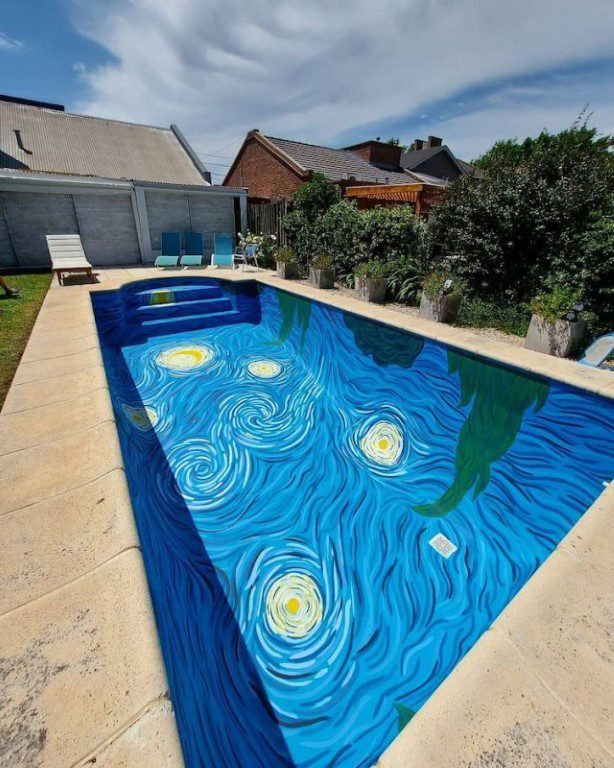Anita Dube Breaks Silence: Artist Responds to Copyright Allegations
In the ongoing controversy surrounding the use of poet Aamir Aziz’s protest poem Sab Yaad Rakha Jayega in her latest art exhibition, acclaimed visual artist Anita Dube has finally issued a personal statement, offering her side of the story and calling for reflection over retribution.
In a social media post over Facebook, Anita Dube responded to the intense backlash with what she called “sadness,” stating that the uproar over her artwork stems from a misunderstanding of her intent rather than deliberate exploitation. She says, “I have been in love with Sab Yaad Rakha Jayega, especially some lines which swirled around in my head like dervishes,” referring to the meditative, spinning mystics to describe the way Aziz’s words resonated within her. “As a visual artist, I work with materials that I love, that become means to critically comment.”
In her statement, Dube acknowledged making “an ethical lapse” by not first seeking Aziz’s consent, despite giving him credit in the exhibition. She claims to have reached out, called the poet, apologised, and offered remuneration—an offer Aziz rejected, instead choosing to send a legal notice. “Then I had to go to a lawyer as well,” she added, alluding to the legal escalation that followed.

Courtesy – Vadehra Art Gallery
Contrary to accusations of profiting from the poem, Dube clarified that once the issue came to light, the disputed works were immediately marked as “not for sale.” “As far as the accusation of my wanting to monetise the poem goes—I immediately put the works not for sale,” she said, pushing back against the narrative that framed her actions as commercially driven.
The Case of Aamir Aziz vs Anita Dube
The poem, first published by Aziz in 2020 amid the anti-CAA protests, became a viral emblem of civil resistance. Dube, known for weaving political and poetic texts into her installations, included parts of the poem in her latest show, Timanjala Ghar: Three Storey House at Vadehra Art Gallery. Aziz, however, claimed the usage occurred without permission, credit, or compensation—a charge that sparked widespread debate about appropriation and artistic ethics.
At the centre of Dube’s defence lies a belief in “the Commons and Copy Left”—a philosophy rooted in the idea of shared cultural ownership. She likened her quoting of Aziz to her use of words from Martin Luther King Jr. and bell hooks, stressing that her goal was celebration, not theft.
Still, the backlash has not subsided. Aziz has accused both Dube and the gallery of erasing his identity while commodifying his words, comparing it to colonial practices of cultural plunder. “This is not solidarity. This is not homage. It is not conceptual borrowing. This is theft,” Aziz wrote in a viral post last week.
Dube’s measured and remorseful tone suggests a desire to shift the discourse from accusation to reconciliation. “I hope to resolve this issue in a fair manner,” she concluded.
But the question now remains: can a work of protest poetry be reimagined in a gallery space without betraying its essence? As both camps dig in, the art world continues to debate where artistic freedom ends and ethical responsibility begins.
Image Courtesy – Aamir Aziz via Facebook
Contributor






